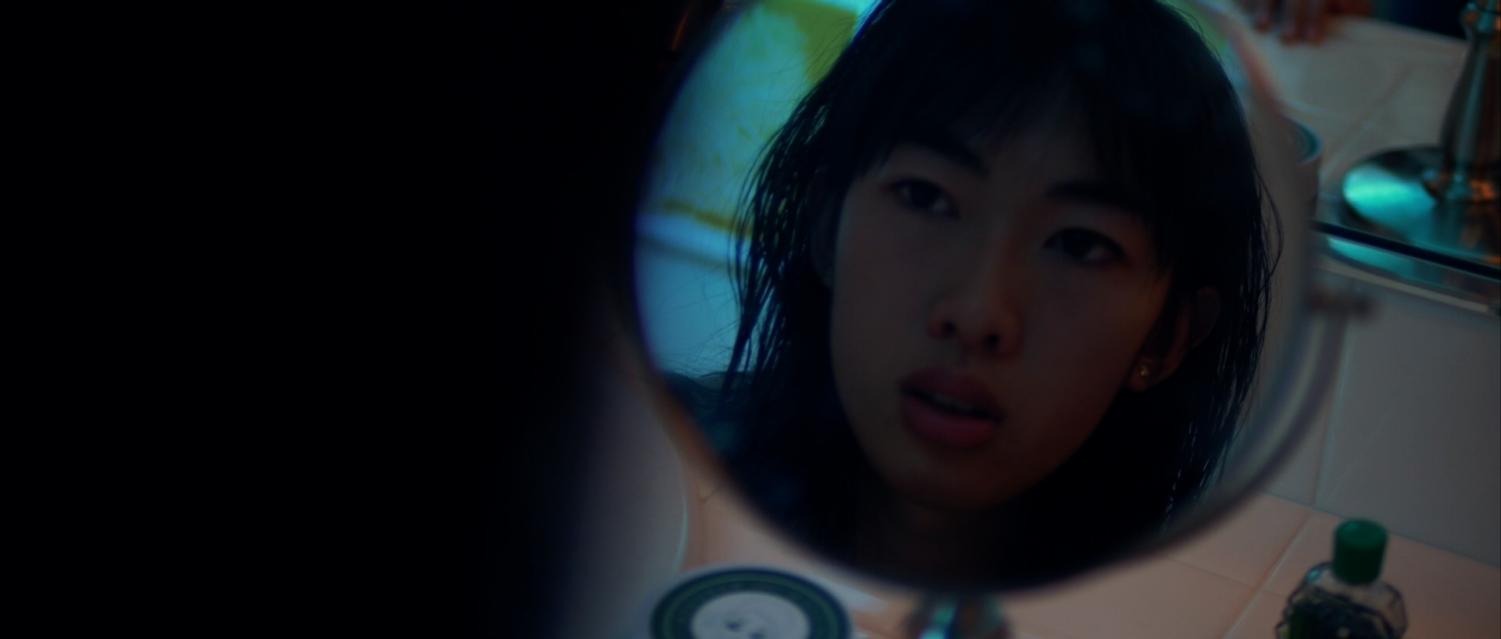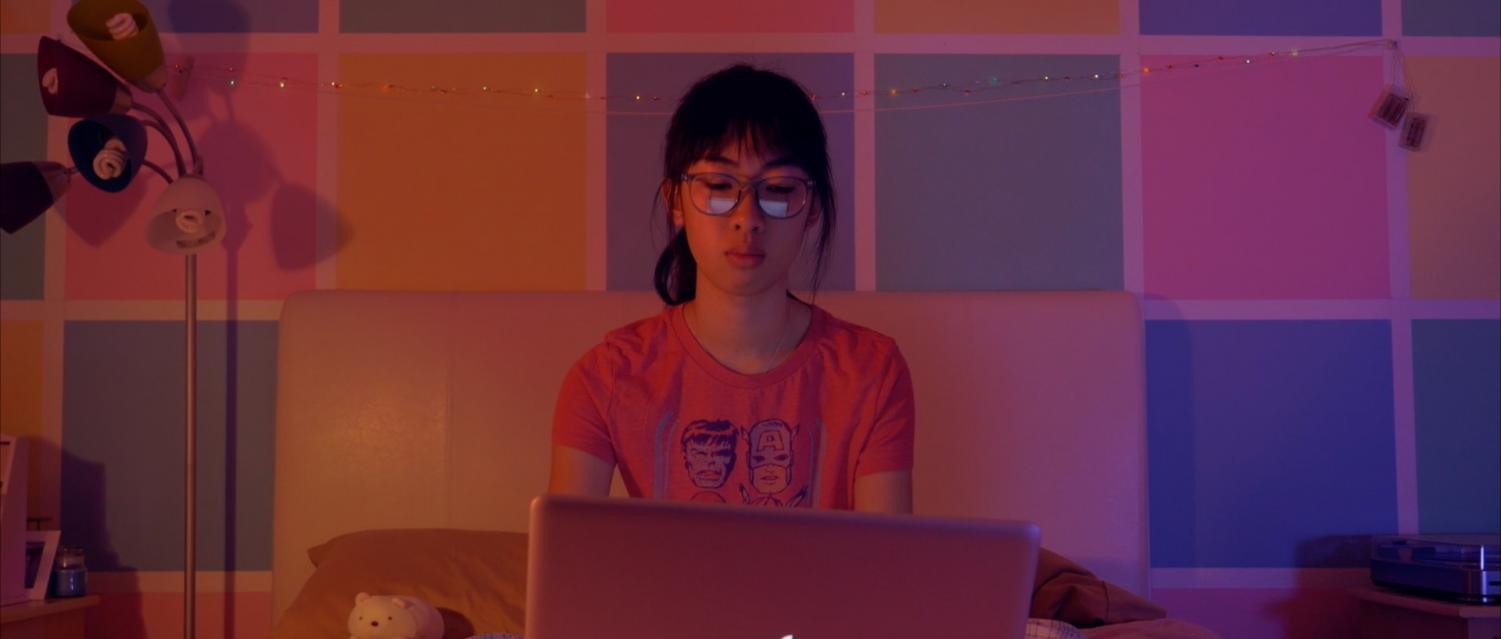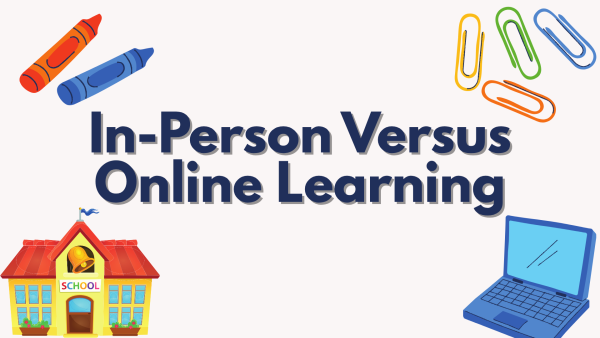A Step Towards an Identity: An Interview with Caitlyn Phu

Explored by civil rights activist and sociologist, W. E. B. Du Bois himself, double consciousness is a term that describes the struggle of one’s social identity due to the fact that they live up to more than one social standard because of their ethnicity. Those who experience this everyday essentially split themselves into two separate identities where they live up to the cultural customs they conform to within society and the ones they conform to at home. Coming from an Asian-American household myself, this concept is unnoticeable until it is pointed out, showing the intensity of how frequently others come face to face and overcome this obstacle every day.
As a rising film director/producer, student Caitlyn Phu, an Asian-American senior at Huntington Beach High School, has focused her award-winning short film, Durian, on the basis of life’s many standards for an Asian-American. Surrounded by the many influences from the four years of high school, Phu takes on the theme of the double consciousness and morphs it into a moving film that inspires many others to find their own true identity. She emphasizes that:
“Durian is a short film that is extremely personal to me because the challenges that Clara Chu, the protagonist, faces throughout the film are all based on my own life experiences and real interactions I have had with both friends and family. The screenwriting process for Durian initially began as just a way for me to digest and dissect my own cultural identity crisis that I was struggling with, so I basically laid out experiences I have had that… affected my understanding of my identity and said, ‘How do I translate this into a film that sends a message bigger than myself?’”
Realizing that the topic was important enough to address and saw a need for it to be spread, Phu sought to this personal obstacle in such a unique way in which she “was also making a large part of [herself] vulnerable for others to view.” Spending many moments deciding how she wanted her short film to be shot, Phu describes her finalization as a “message I wanted to share… through my own personal experiences, because that was what others could relate to.” Moreover, she expresses the fact that her film gave her the “chance to make a statement that I haven’t had the guts to say before, so the film means a great deal to me in the sense that it gave my voice the megaphone that it really needed.”
Needless to say, the film did give Phu her voice to magnify a serious topic within society. When asked what she wanted the audience to take away from her film, Phu determines that “at its core, Durian was meant to explore the depth of one particular cultural identity crisis and reveal the variety of interactions that affect this search for identity, from a check-up at the doctor’s office to dinner with a friend. Keeping this in mind, I expected Durian to impact different audiences in different ways.”

As a result, Phu responds to the double consciousness as a way to tell the audience that a sense of unknown identity is “no oddity” in the struggle of balancing Asian and American cultures. Additionally, she created a response from her audience once many students started to tell her that they too struggled with the problems the protagonist faces throughout the film. Furthermore, when asked the difference of her home life to school life, she goes on to describe how she has “more similarities than differences with the teens I grew up with,” since the environment that they learned and grew in at school were the same. More personally, Phu even expresses that she feels a “simultaneous freedom and restriction of my identity” at school and at home, yet on the other hand, experiences at school with “seemingly harmless quips about my race or background have become a slight barrier between me and others,” which is how the two differentiate from each other.
Sharing a more personal story, Phu acknowledges a time when “one of my closest friends had visited my house for the first time, and, after eyeing the old Chinese New year decorations strewn on the walls and the miniature Buddhist shrine in the corner of the room, asked me, ‘Am I allowed to wear shorts in your house?’ The question seemed ridiculous to me, and I thought, ‘Of course, why wouldn’t you be able to?’”
Relating the story to a deeper level, she notices that it “was one of the moments I realized that my background was a source for a deep divide between me and my friends, and it was never something I could fully embrace at school out of fear of deepening this divide.” Nonetheless, this does not go to show her culture at home in which she views it as something that has“always provided a deep comfort to me, because, for me, culture means home. In the face of generational gaps, my culture is what connects me to my parents and my grandparents, and that is why culture has become such a significant aspect of my home-life. But, at the same time, my culture demands constant respectfulness and emphasizes the importance of tradition” since she feels restricted in pursuing what she loves: film making.
Showing the positive and negatives of the the cultural customs she goes through at both home and school, Phu realizes that there is more to society than what many bargain for. In a sense, school provides an environment in which she can grow with others her age that understand the high school struggles she goes through; whereas, at home, there is a comfort in always having something and someone to connect to.

Moreover, when focusing on the perspective she has that differs from other individuals, Phu decides to take on another communal view, by asserting that “everyone’s perspectives on society have been cultivated by the environment they grew up in, the people they’ve met, and the experiences… they’ve had… In terms of my race and culture, my societal perceptions are largely influenced by the viewpoint of an individual who has seen my community from an outsider’s perspective, since I am the part of the first generation in my family to be born in America.”
With this in mind, Phu is aware that being able to have this perspective is a privilege so that she can view society outside the American culture. Additionally, having the mindset of viewing society in her own way, also allows her to realize that there is not one side that outweighs the other in terms of the person who she is today. Phu describes both of them as “major contributions” to her life and that “My life at home taught me the importance of respectfulness and kindness, while my life outside of my home taught me about following my passions and branching out; so, while my search for identity in the midst of contrasting cultures did make up a large part of my life, I really wouldn’t give it up for anything.”
Overcoming these struggles that overall envelope the definition of the double consciousness, Phu realizes the importance of both cultures and has learned to embrace them to shape her into the person she is today and will further do so when she enters her next step in life at Chapman University.

Your donation will support the student journalists of Huntington Beach High School. Your contribution will allow us to cover our annual website hosting costs.
Thank you for supporting our program!






